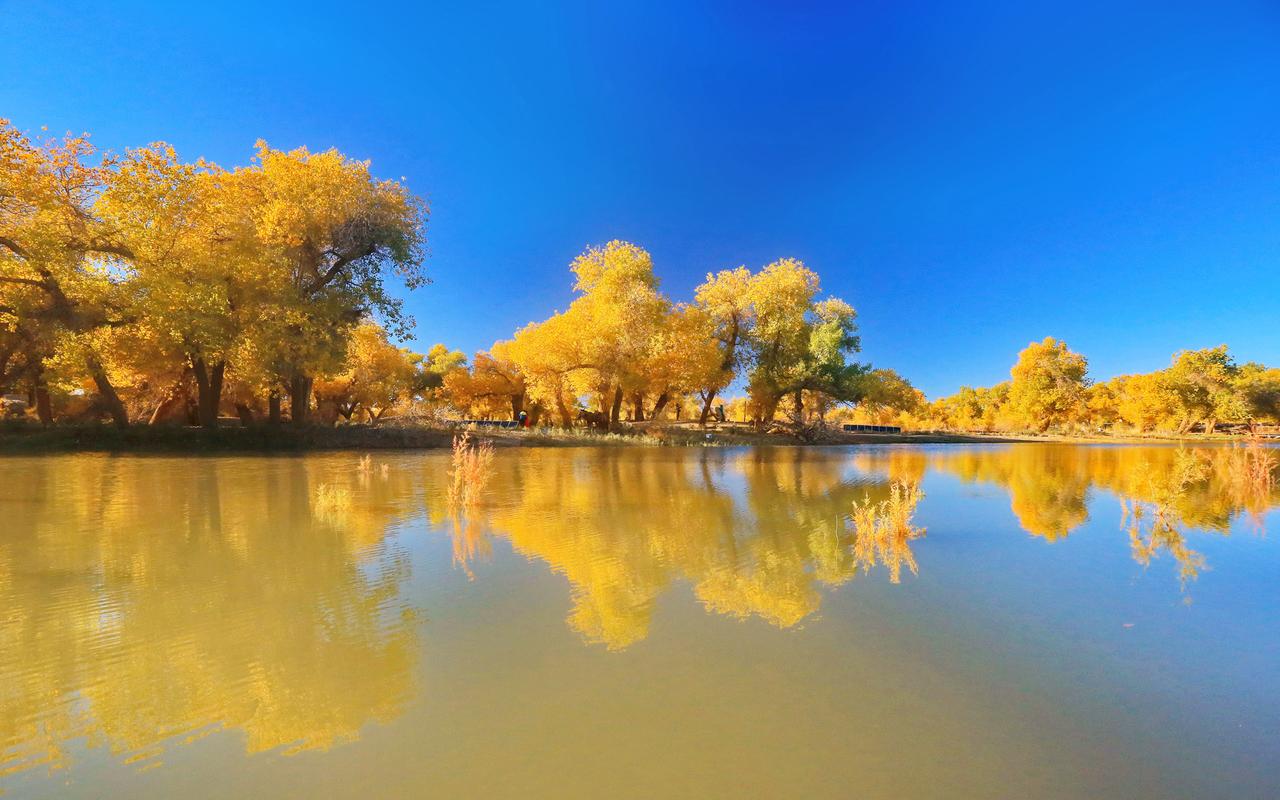Cultural traditions have been an integral part of human existence for centuries. They are the expressions of beliefs, values, and customs that define a community’s way of life. The world has seen the passage of time and witnessed the rise and fall of numerous empires, but cultural traditions have retained their significance even in the face of globalization and modernization.
In simpler terms, cultural traditions are the expressions of a community’s identity and heritage. They shape the beliefs and values of individuals, and hence play a crucial role in preserving a community’s sense of belonging. The traditions are passed down from generation to generation, and as such, they gain more depth, meaning, and significance over time.
One of the most fascinating aspects of cultural traditions is their diversity. Cultural traditions vary from community to community, and even within a single community, they may be expressed in different ways. For instance, the cultural traditions of Japan will differ significantly from those of the United States, and even within Japan, the traditions of the northern region may differ from those of the southern region.
The preservation of cultural traditions has become even more challenging in the face of globalization and modernization. Many communities have been forced to abandon their traditions as they seek to conform to the practices and values of modern society. The loss of cultural traditions can have severe consequences, and may even lead to the erosion of a community’s identity and heritage.
It is, therefore, imperative to preserve these traditions for future generations. Governments and institutions can play a vital role in this by providing support and resources to help communities preserve their traditions. They can provide funding for cultural festivals and events, offer training and education programs to pass down cultural knowledge, and make efforts to promote cultural tourism.
Individuals can also play their part by making an effort to learn about other cultures and their traditions. By being open-minded and embracing cultural diversity, we can help to preserve and promote the cultural traditions of different communities. We can also make an effort to attend cultural events and festivals and support the revival of age-old traditions.
In conclusion, cultural traditions are an essential aspect of human existence, and their preservation is vital to the upkeep of a community’s identity and heritage. Governments, institutions, and individuals can all play a significant role in preserving these traditions by providing support, embracing diversity, and making an effort to learn more about the cultural practices of different communities. By doing so, we can ensure that the cultural traditions of our forefathers live on for generations to come.
(Note: Do you have knowledge or insights to share? Unlock new opportunities and expand your reach by joining our authors team. Click Registration to join us and share your expertise with our readers.)
